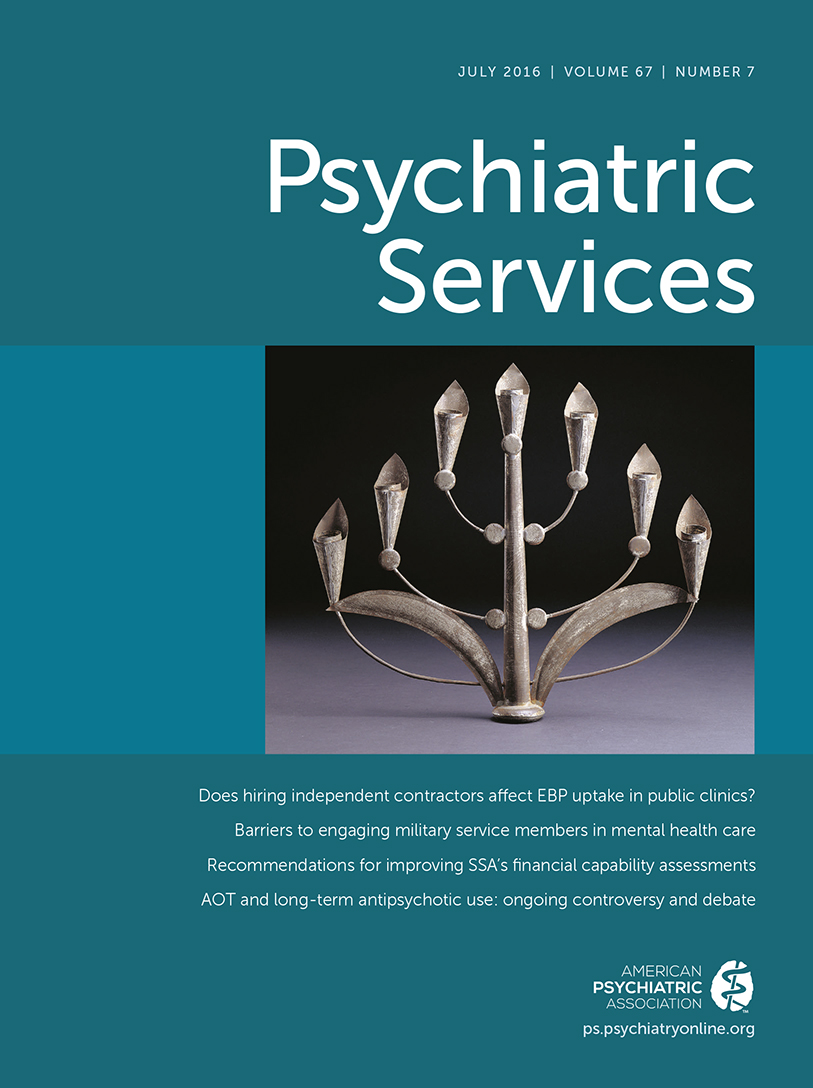Public Stigma in China Associated With Schizophrenia, Depression, Attenuated Psychosis Syndrome, and Psychosis-Like Experiences
Abstract
Objective:
Attenuated psychosis syndrome (APS) has recently been included in the appendix of DSM-5 as a condition for further study. This study compared public stigma associated with four mental health conditions among study participants in Hong Kong.
Methods:
The cross-sectional study involved 204 participants (154 members of the general public general public and 50 health care professionals) recruited through a public awareness campaign and the e-mail network of the University of Hong Kong. Participants read four vignettes describing persons with schizophrenia, depression, APS, or psychosis-like experiences. For each vignette, they used a scale to rate their level of stigma in seven domains: social distance, traditional prejudice, exclusionary sentiments, negative affect, perceptions of dangerousness, treatment carryover, and disclosure carryover. Analyses compared ratings within and across vignettes.
Results:
Schizophrenia received the highest public stigma ratings, followed by APS, depression, and psychosis-like experiences. Total stigma scores were higher for the general public than for health care professionals. Public stigma associated with APS was similar to that associated with depression. Ratings of treatment carryover indicated that participants believed that being known to have received treatment for APS or depression would have lasting consequences.
Conclusions:
Stigma should be considered in the development of mental health services and research in China, particularly in regard to people with schizophrenia and those at risk of psychosis.



